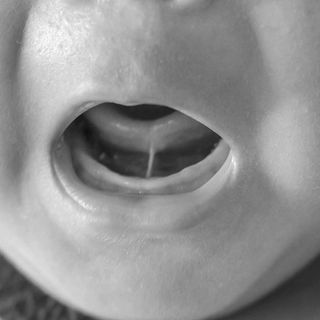Women who experience gender-based discrimination are three times more likely to report clinical depression than women who don’t, found researchers from City, University of London. These findings were put out in a press release on the university’s website and have also been published in Health Psychology.
Researchers analyzed data collected by interviewing 3,000 U.K. women over a period of four years. Since fewer men reported to have faced gender discrimination, researchers chose to keep them out of the study. Women’s idea of sexism was based on where they felt unsafe, places they avoided, or when they had felt insulted or attacked physically.
From the data, researchers found that women felt most discriminated against on the street (77%) and on public transportation (39.9%). This was followed by areas near bus stations (38.9%). Women felt they faced sexism less frequently in school or workplaces (12%) and at home (10.5%).
Globally, the researchers mentioned, one in five women face gender-based discrimination. In India, it has been reported, 78% of women farmers face it and 42% of women experience it in offices. Additionally, only 9% of Indian women feel safe in public transport.
Researchers of the latest study analyzed the impact of these experiences and found that “…women who reported perceived sex discrimination were more likely to be depressed and have greater psychological distress, as well as poorer mental functioning, life satisfaction and self-rated health,” Ruth Hackett, PhD, the study’s lead author and professor at UCL’s epidemiology and health care department, said in the university’s newsletter.“There are several possible explanations for the link between sexism and poorer mental health. Sexism may serve as a barrier to healthy lifestyles that promote mental wellbeing, for example, if women avoid exercising in settings they perceive to be unsafe or use substances to cope with discriminatory experiences. Repeated exposure to stress may also lead to ‘wear and tear’ that disrupts normal biological processes.”
Related on The Swaddle:
From ‘Cunt’ to ‘Careerwoman’: the Many Ways in Which Language Propagates Sexism
In terms of age, younger women reported gender discrimination more than older women; it’s unclear whether women of different ages simply perceived sexism differently, or whether younger women are particularly vulnerable to the experience. Those who reported it were also more likely to be wealthier (based on their monthly household income) and better educated (held university degrees) compared to those who didn’t, researchers observed.
“Our results highlight the need to reduce sexism in our society, not only to promote equality between the sexes but also to reduce avoidable mental wellbeing issues in women,” Hackett added.
Her colleague, Sarah Jackson, PhD, also a co-author of the study added: “The issue of sex discrimination is one that has garnered increasing attention over recent years in the wake of the #MeToo movement. Our results are particularly concerning in suggesting an enduring impact of experiences of sex discrimination on mental health and wellbeing. They underscore the importance of tackling sexism not only as a moral problem but one that may have a lasting legacy on mental health.”




